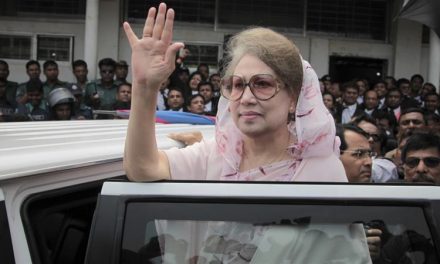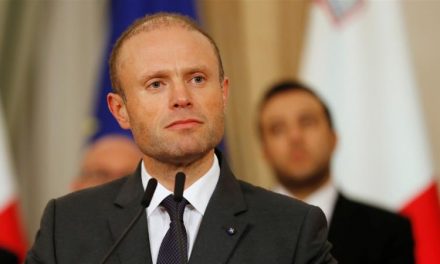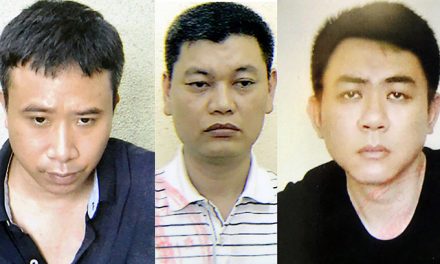24 April 2017
Prime Minister Narendra Modi is serious about ending corruption in India. Towards the end of last year, he demonetised large notes. The move was criticised by many. Ordinary people underwent great difficulties. Demonetisation did not fret out much of the corrupt money as expected, but it was expected to be a big setback in Modi’s re-election. He did not mind it.
It is not easy to eradicate corruption in India. Because it was steeped in corruption at all levels for more than 70 years, since independence.
The demonetisation has made some positive contribution to the economy. Modi negotiated treaties with Switzerland, Singapore and Mauritius aimed at reducing money laundering round trips. He reduced political funding to the parties by cash from Rs 20,000 to Rs 2,000.
Most developed countries are waging war against kickbacks in developing countries under law similar to Foreign Corrupt Practices Act. This will bring to light some corrupt deals made in those countries by Indians in due course. This move by the developed countries is also a vote in favour of Modi’s fight.
Financial infrastructure is very poor in India. There are no bank branches in thousands of rural villages. Debit or credit cards are unheard of. With the demonetisation, electronic payments took off, even in rural villages. Vegetable sellers, small convenience stores, street vendors, rickshaw drivers and taxi operators are all accepting electronic payments now. These transactions are facilitated by a Mobile application called BHIM (Bharat Interface for Money) developed by National Payments Corporation of India (NPCI), based on the Unified Payment Interface (UPI). This application allows several banking services from several participating financial institutions in a single mobile application. PayTM operates an electronic payment system like Paypal. Aadhaar Pay is another system which uses finger print as the password. Finger prints should reduce forgery. Aadhaar is a form of identity card.
“Payments banks” were set up to run partial banks, where they accept deposits, offer services like debit cards and remittances, but not provide loans. This is a great move to bring banking to rural India. It is not cost effective to open bank branches in rural villages. It is easy to introduce mobile phones in the rural areas. This is a brilliant move in the right direction of creating a less cash India.
The electronic payment system requires high internet speeds, bandwidth and cyber security, which India lacks. Pushing the digital economy too fast, too quickly will give room for abuses.
The Modi government opted for electronic auction for coal blocks after the Supreme Court scrapped allocation of 204 blocks in 2014 since they were given without bidding. The electronic auction offers objectivity, transparency and fairness in allocation of natural resources to private sector companies. Spectrum auctions also have been made transparent. It is expected that in future all government tenders will use transparent digital system. This a big step forward in the fight against corruption. Countries like China and Philippines also have a long history of corruption. They are also now taking bold steps in preventing corruption in their countries. This will be a moral support for Modi in his crusade against corruption.
The government should not think only of raising money out of Spectrum auctions, but must reduce the cost of operating mobile phones, so that its ambitious plan of developing a cashless society will become a reality. Similarly, as a good citizen of the world, it should reduce the consumption of coal for power generation and use more natural gas for it. Use of coal harms the global climate.
India: Modi fights corruption















